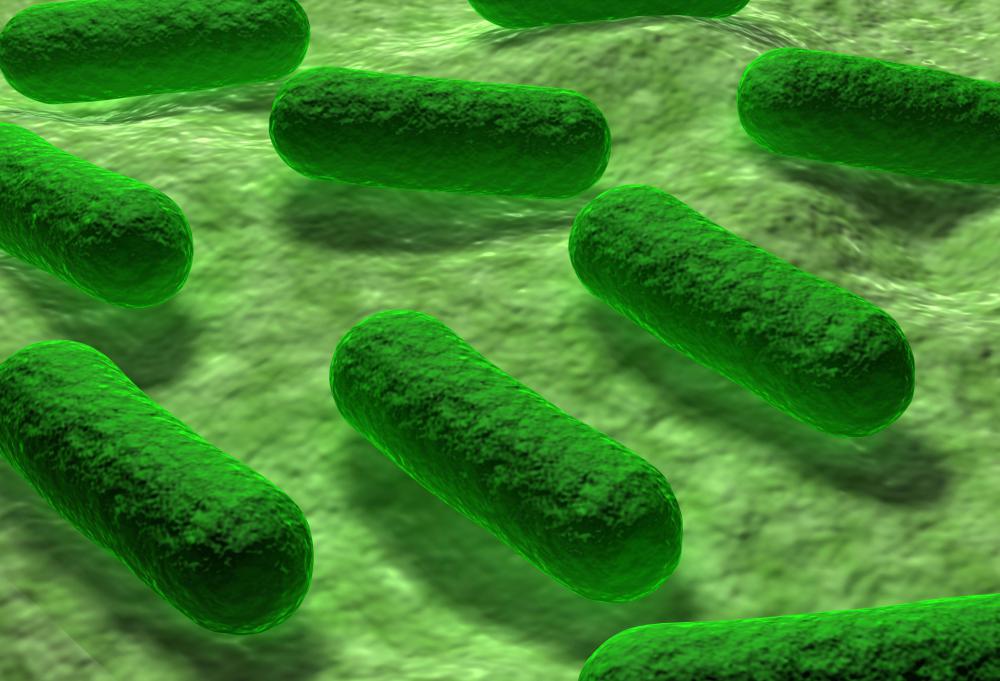At WiseGEEK, we're committed to delivering accurate, trustworthy information. Our expert-authored content is rigorously fact-checked and sourced from credible authorities. Discover how we uphold the highest standards in providing you with reliable knowledge.
What is Infectious Disease Epidemiology?
Infectious diseases are illnesses caused by organisms that enter the body, develop, and multiply. These organisms can be bacteria, protozoans, fungi, or viruses. Epidemiology is a branch of medicine that concerns the research of the causes, distribution, and control of diseases as they relate to a particular population. Infectious disease epidemiology, therefore, generally focuses on tracing the causes of communicable diseases within a community.
Many infectious diseases are currently managed with the aid of modern medicine — new communicable diseases, such as West Nile virus and SARS, however, may present more challenges. Infectious disease epidemiology is also proving that older diseases, like tuberculosis and malaria, may now present in forms that are more resistant to established treatments. Professionals in the field of infectious disease epidemiology play a crucial role in managing the effects of both old and emerging illnesses.

An epidemiologist is a medical scientist who specializes in researching and documenting factors that influence the development of diseases. In order to work in the field, an epidemiologist must have at least a master's degree from a school of public health. Epidemiologists most often study communicable diseases and collaborate with other medical professionals to focus on prevention and control. This specialty is known as infectious disease epidemiology.

Infectious disease epidemiologists may work in research or clinical settings. A researcher in the field typically focuses on eradicating and controlling communicable diseases. He may also focus on researching particular infectious diseases, such as tuberculosis, HIV, and influenza. This type of medical professional may work at schools of public health, colleges or universities, and medicals schools.

Clinical infectious disease epidemiologists may work in hospitals to formulate guidelines for the management of various communicable diseases. They may also serve as consultants to hospital medical staff in the control of infectious diseases. These epidemiologists collect and analyze laboratory results, geographic distribution, and severity of such conditions.

Some universities offer certificate programs for those who wish to gain graduate-level training in infectious disease epidemiology. These are typically structured as non-degree programs. Individuals who may benefit from this type of certification include laboratory professionals, nurses, veterinarians, and various physicians.
Many government health departments maintain their own infectious disease epidemiology programs. These initiatives help to monitor and control infectious diseases, including those that can be prevented by vaccines, such as bacterial meningitis. These programs also track food and waterborne illnesses, such as E. coli; vectorborne conditions, like West Nile virus; and zoonotic diseases, such as the plague. Such governmental groups are typically responsible for investigating outbreaks of these illnesses within their jurisdiction. The programs may also serve as information resources to healthcare providers, offering medical consultations in various cases.
AS FEATURED ON:
AS FEATURED ON:
















Discuss this Article
Post your comments